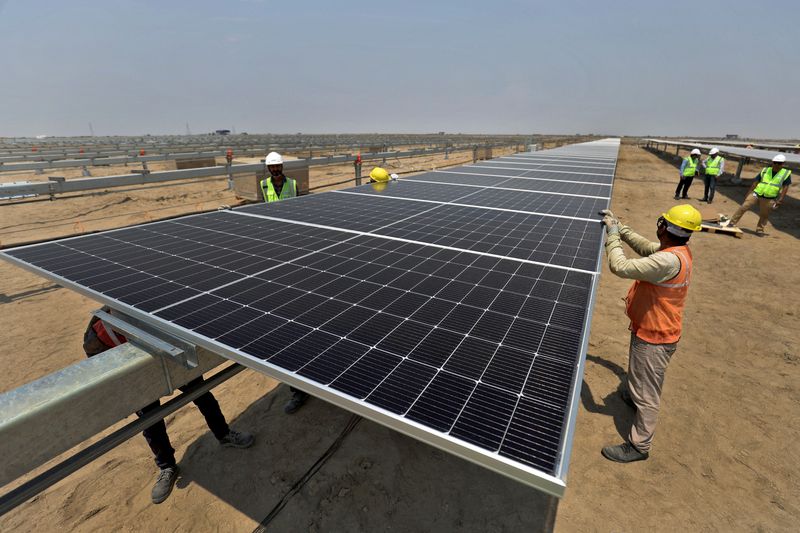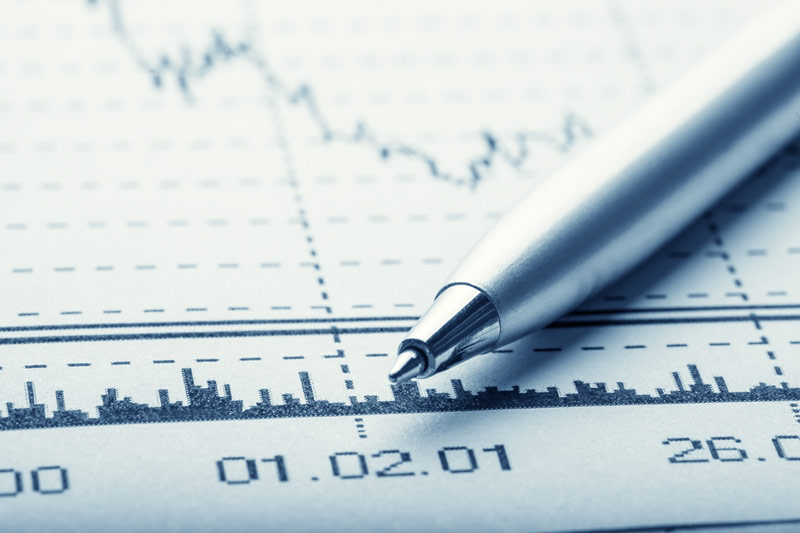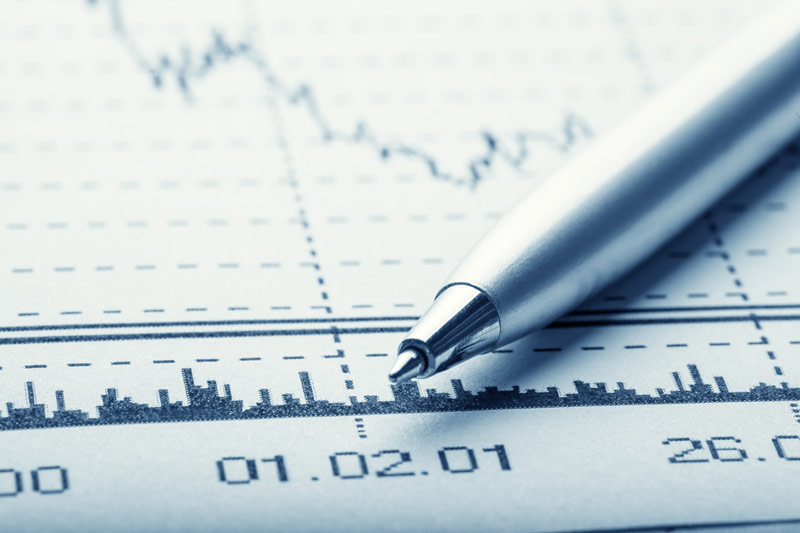By Dhwani Pandya, Sethuraman N R and Aditya Kalra
NEW DELHI (Reuters) – Betting big on the clean energy goals of Indian Prime Minister Narendra Modi, billionaire Gautam Adani found backers in France’s TotalEnergies (EPA:TTEF) and the Qatar Investment Authority as he set out to build the world’s biggest renewable energy project.
The crown jewel of his company, Adani Green, is an energy park in western Gujarat state planned to be five times the size of Paris on completion, and producing 50 gigawatts by 2030, or roughly a tenth of India’s clean energy goals.
Now the plan faces a hurdle in the form of a U.S. indictment of Adani, his nephew and executive director Sagar Adani and managing director Vneet S. Jaain, accusing them of paying bribes of $265 million to secure Indian power supply contracts, and misleading U.S. investors during fund raises there.
Since the news, stock of Adani Green has nosedived 36%, losing $9.6 billion in market value.
Adani Group has denied the accusations in the U.S. indictment as baseless, and vowed to seek all legal recourse.
But fund-raising could get complicated.
“To the extent of raising additional capital for newer projects, any sort of regulatory issues become problematic,” said Deepika Mundra, a senior analyst at M&G Investments based in Britain.
“Particularly if you want to tap international markets.”
Adani Green is one of many public and private companies key to helping India achieve its goals, she added. “It is quite important that all these (Adani Green) projects go through.”
The Adani Green boom is reflected in a surge of 10,000% in its shares between 2018 and 2022 as power demand in India swells, spurring it to develop the energy park in Khavda in Gujarat.
“For us, this renewable energy park is a symbol of our commitment to sustainability and a symbol of national pride,” Adani wrote in his annual report in June.
When complete, its output would be “enough to power nations like Belgium, Chile, and Switzerland”, he added.
Adani has committed investment of $100 billion in the renewables sector, seen as core to the ports-to-airports conglomerate that is worth more than $135 billion.
Now the tide is turning for Adani Green, described by U.S. prosecutors as being at the heart of “The Corrupt Solar Project”.
After the U.S. indictment, TotalEnergies, which holds a stake of nearly 19.8% in Adani Green, was among the first to react, saying it would not invest more in the group for now.
It had not been made aware of the bribery case, even though Sagar Adani was served a grand jury subpeona last year by the U.S. Federal Bureau of Investigation, it added.
The Qatar Investment Authority, with a stake of 2.7%, declined comment.
But standing firm for now is GQG Investors, which holds a stake of 4.2%. In an internal client note seen by Reuters, it said, “We believe the fundamentals of the companies we are invested in remain sound.”
Adani Green added power capacity of 37% each year to reach 11.2 GW by September this year, from a mere 2 GW in the 2018-19 financial year.
Its next big target is 50 GW goal by 2030, or a capacity addition of 31% each year, it told investors in a presentation in November.
‘RENEWABLE ENERGY MARVEL’
Adani Green’s revenues of $574 million during the period from April to September this year were up 20% on the year, boosting its cash profit 27% to $313 million over that time.
With large solar, wind and hybrid power developments in Gujarat and the desert state of Rajasthan, it is developing smaller pumped-storage hydro power projects in five Indian states.
The facilities in Rajasthan and Gujarat were to have supplied the power contracted for in the Adani deals that U.S. prosecutors allege to have been granted after payment of bribes.
One of them is the partly developed marquee project in Khavda, just 18 miles (30 km) from the international border with Pakistan. It is described by Adani as “a renewable energy marvel in the making”.
Adani is targeting a massive jump in operational capacity at the location to 30 GW by 2029, up from 2.25 GW now. Energy from the park can power 16.1 million homes each year, Adani says.
Reuters was among media which toured the project site in April, when thousands of labourers worked on construction and scores of solar panels were being installed.
Engineers that day talked up the potential of the project, which would sprawl across 540 sq km (210 sq miles) when complete, saying it would be visible from space.

“The kind of support being provided by the central government, and I must say, the state governments also, is extraordinary,” Managing Director Vneet S. Jaain said at the time.
Jaain, one of three Adani executives, besides Gautam and Sagar Adani, indicted for offering bribes to Indian state officials to secure deals, has not responded to a request for comment from Reuters.



